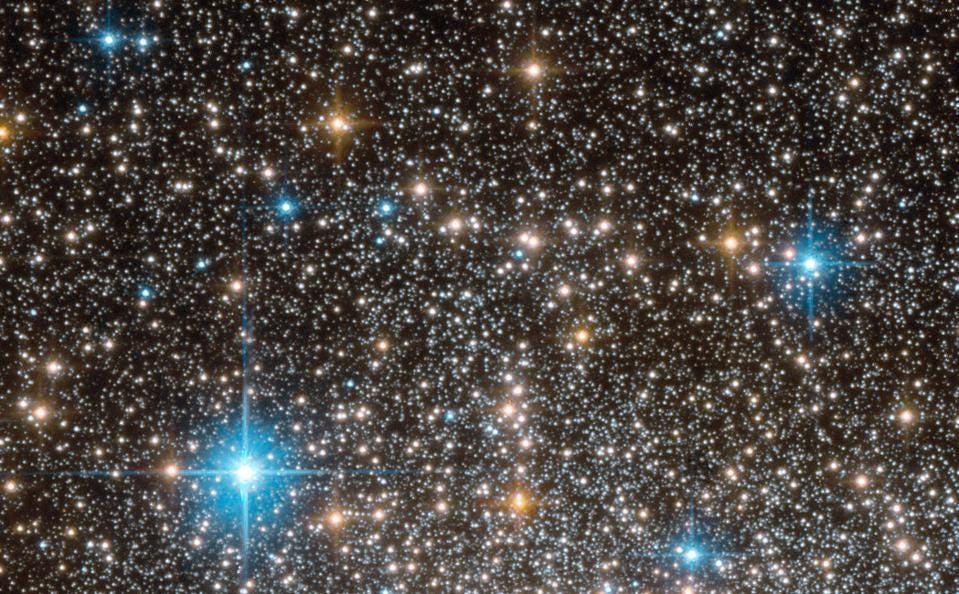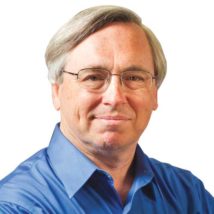AMICOR 3.069
#Dra. Valderês A. Robinson Achutti (*13/06/1931+15/06/2021)
Um pouco mais nos jardins do Monnet e suas flores...
Here are the Top 10 science anniversaries of 2022
Insulin to treat diabetes, the slide rule and the birthdays of Gregor Mendel and Louis Pasteur make the list
In 1622, priest and part-time mathematician William Oughtred invented the slide rule.
IHOE/E+/GETTY IMAGES PLUS
How we got from Gregor Mendel’s pea plants to modern genetics
Philosopher Yafeng Shan explains how today's understanding of inheritance emerged from a muddle of ideas
The study of human heredity got its start in insane asylums
‘Genetics in the Madhouse’ chronicles the early days of the science
INHERIT THE DATA King George III’s descent into madness sparked efforts to untangle the inheritance of mental illness by analyzing patient records at insane asylums (London’s Bethlem Hospital is shown in this 1735 illustration). A new book discusses how big data and statistics long dominated the study of human heredity.
WILLIAM HOGARTH/WIKIMEDIA COMMONS
Earth may have 9,200 more tree species than previously thought
More than a third are probably hiding out in South America, researchers say
Earth may be home to around 73,000 different kinds of trees, new research suggests. Many undetected tree species are probably hiding out in the Amazon (shown) and other biodiversity hot spots in South America, researchers say.
RICARDO LIMA/MOMENT/GETTY IMAGES PLUS
The heart of the Milky Way looks like contemporary art in this new radio image
Wispy filaments accent the brightest spot, supermassive black hole Sagittarius A*
The MeerKAT telescope array in South Africa provided this image of radio emissions from the center of the Milky Way. Stronger radio signals are shown in red and orange false color. Fainter zones are colored in gray scale, with darker shades indicating stronger emissions. I. HEYWOOD/SARAO
#FOLHA DE sp
Crianças com síndrome grave em razão da Covid ficam com sequela cardíaca
FEBRUARY 10, 2022Recomendação: AMICOR Maria Inês Reinert Azambuja
Crianças que desenvolveram a síndrome inflamatória multissistêmica pediátrica (SIM-P) em razão da Covid-19 continuam com alterações nos vasos sanguíneos que nutrem o músculo do coração seis meses após a alta hospitalar. Mas não apresentam sintomas, como cansaço, o que pode deixar o quadro passar despercebido pela família e pelos médicos./.../
#WHO
Guideline self-care interventions: health and well-being
Overview
Self-care interventions are among the most promising and exciting new approaches to improve health and well-being, both from a health systems perspective and for people who use these interventions.
The World Health Organization (WHO) uses the following working definition of self-care: Self-care is the ability of individuals, families and communities to promote health, prevent disease, maintain health, and cope with illness and disability with or without the support of a health worker. The scope of self-care as described in this definition includes health promotion; disease prevention and control; self-medication; providing care to dependent persons; seeking hospital/specialist/primary care if necessary; and rehabilitation, including palliative care. It includes a range of self-care modes and approaches. While this is a broad definition that includes many activities, it is important for health policy to recognize the importance of self-care, especially where it intersects with health systems and health professionals. Worldwide, an estimated shortage of 18 million health workers is anticipated by 2030, a record 130 million people are currently in need of humanitarian assistance, and disease outbreaks are a constant global threat. At least 400 million people worldwide lack access to the most essential health services, and every year 100 million people are plunged into poverty because they have to pay for health care out of their own pockets. There is an urgent need to find innovative strategies that go beyond the conventional health sector response./.../
#SBC
I Brazilian Guidelines for cardiovascular prevention - Sergio Kaiser | ||||||||||||||||||||||||||||||||||||||||||||
Achieving equity in the Australian healthcare system - Stephen Leeder | ||||||||||||||||||||||||||||||||||||||||||||
Saúde urbana, ambiente e desigualdades - Aline Schneider | ||||||||||||||||||||||||||||||||||||||||||||
A Vaccine against Streptococcus pyogenes - Jorge kalil #UFRGS #
#Aeon Magazine
#MEDIUM  There are ~400 billion stars in the Milky Way, and ~2 trillion galaxies in the visible Universe. But what if we aren’t typical?Everywhere we look, in all directions in space, we see that the Universe is filled with stars and galaxies to the limits of our observations. On a clear, dark night, the naked human eye can see about 6000 of them, but that’s just a tiny fraction of all that’s out there. Our Milky Way galaxy — our cosmic home in the Universe — spans over 100,000 light-years in diameter and contains approximately 400 billion stars all on its own. There are about 60 galaxies, total, making up our Local Group, and one of them, Andromeda, contains even more stars than we do./.../ #NOEMA ‘Cultural Optimism’ Drives China Upward And OnwardTo peer into China’s near future, America need only remember its recent past.  Sanho Kim for Noema Magazine#NAUTILUS #NAUTILUS Numbers Are Reality  Michael BrooksImaginary numbers are not imaginary at all. The truth is, they have had far more impact on our lives than anything truly imaginary ever could. #John Hopkins Dashboards |
















No comments:
Post a Comment